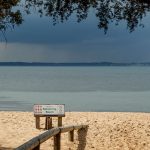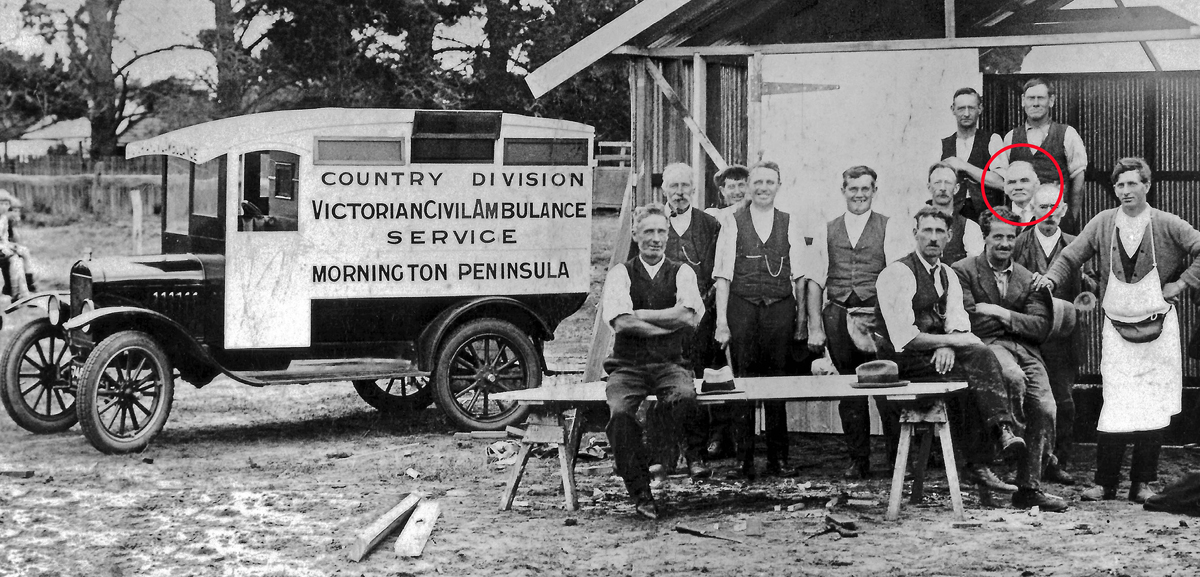
Delivery of the original ambulance in October 1925. Fred Bieri, inaugural secretary, circled.
By Val Wilson and Peter McCullough
One of the most significant dates in the history of Mornington is 18 July 1937; this marked the opening of the King George V Memorial Bush Nursing Hospital. The building, affectionately known as ‘The Bush’, housed eight beds in a single, two and three bed wards, a nursery, labour room, and an operating theatre. The hospital was to provide for as many as seven patients but, in an emergency, it could care for as many as twelve. This was thought to be sufficient for the foreseeable future. It was the forty-eighth of its kind to be opened since the Victorian Bush Nursing Association was founded in 1910.
One of its supporters was William (Bill) Leggatt. He had served with distinction in World War 1 where he was awarded the Military Cross, then studied law before settling in Mornington in 1926. In World War 11 he was promoted to Lt. Colonel and was in command of the Australian Independent Company in Timor, known as Sparrow Force. Captured by the Japanese, Leggatt spent most of the war years in Changi prison camp.
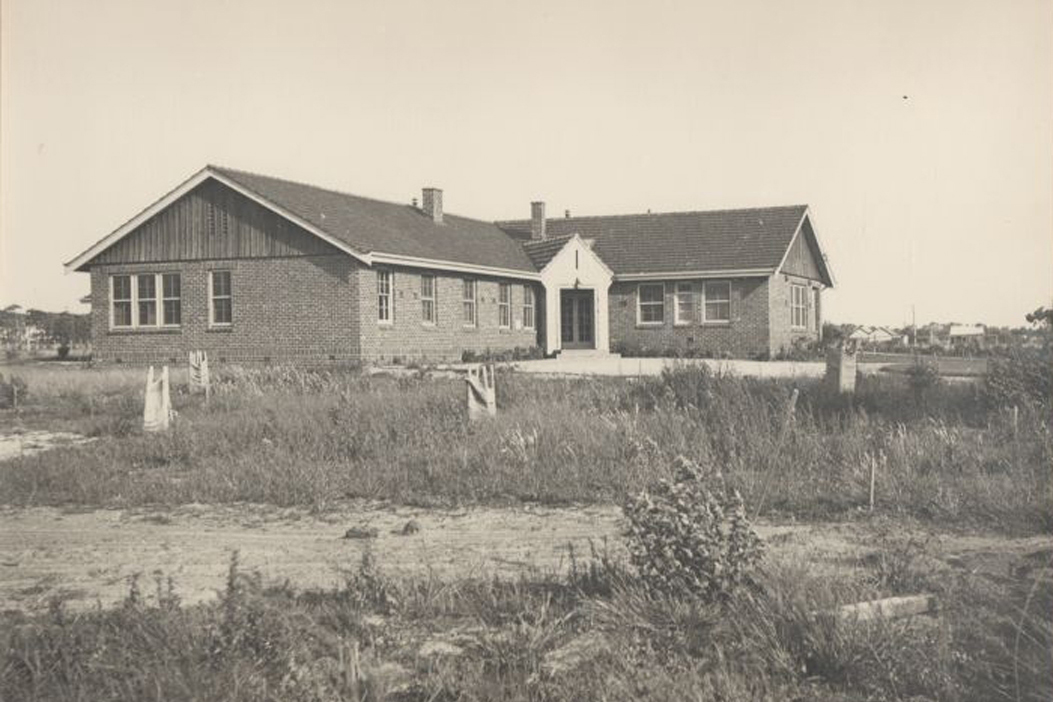
King George V Memorial Bush Nursing Hospital at the time of its opening in July 1975.
In 1947 Leggatt was elected to the seat of Mornington in the Legislative Assembly and served in that role until 1956 when he was appointed Agent-General for Victoria in London. He was knighted in 1957. His parliamentary duties notwithstanding, Leggatt resumed his role on the hospital board and was a member between 1947 and 1955.
While the establishment of the hospital was a significant event, the earlier commencement of an ambulance service was also noteworthy. Two local residents played an important role in this development.

Dorothy Leggatt
In 1926, the year that he moved to Mornington, Bill Leggatt married 32 year old school teacher Dorothy Meares Andrews; a university graduate (BA 1916, MA, Dip Ed 1918) she had edited Melbourne University Magazine and advocated the establishment of a women’s college with an article titled ‘Wanted – a Women’s College’. Dorothy was a member of the committee set up to examine the feasibility of the establishment of a college which finally opened in 1937.
She maintained her interest in the college, serving a term as President of the College Council in 1954-55. Her contribution is recognized by the fact that the college, renamed ‘university college’ in 1975 when it became co-educational, has a ‘Leggatt Wing’. For much of her life Dorothy was a prominent member of the Lyceum Club in Melbourne.
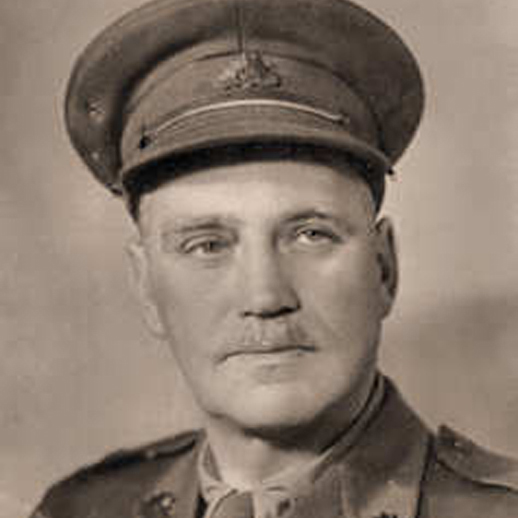
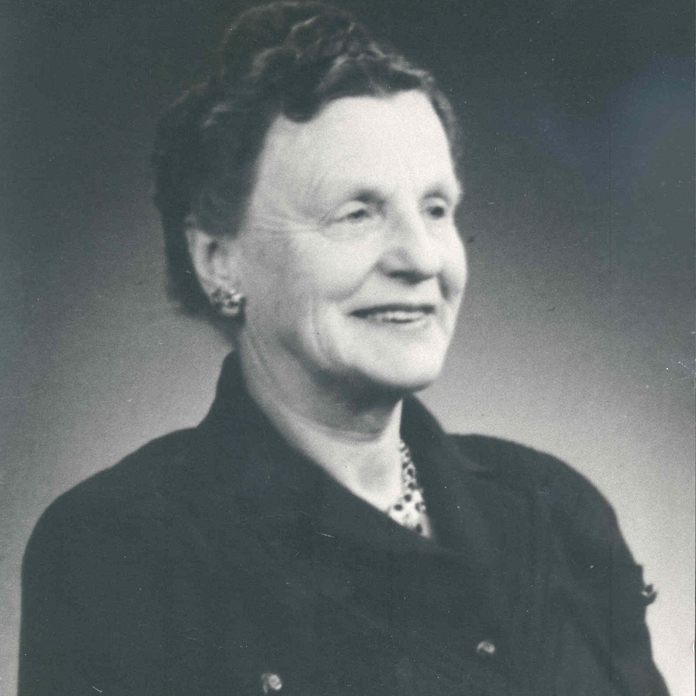
Left, Lt. Colonel Bill Leggatt during World War Two and right, Dorothy Leggatt when president of Women’s College, 1954-55 (Photo: The University College)
Officially known as Country Division Victorian Civil Ambulance Mornington Peninsula, the Mornington service actually commenced in October 1925, some 12 years before the hospital opened its doors. It was a volunteer-run organization which charged for its services.
Before long Dorothy Leggatt had assumed a leadership role with the Mornington ambulance service, although the ‘service’ was sometimes found wanting. In her book “Bush Nursing in Victoria” author Susan Priestly relates:
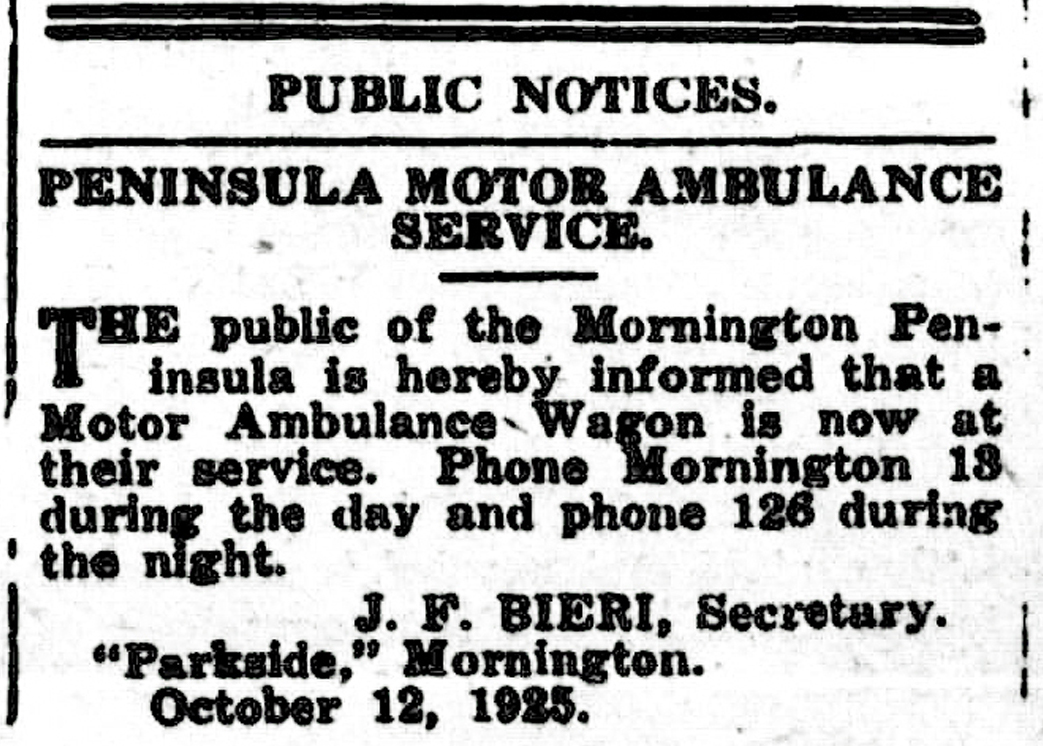
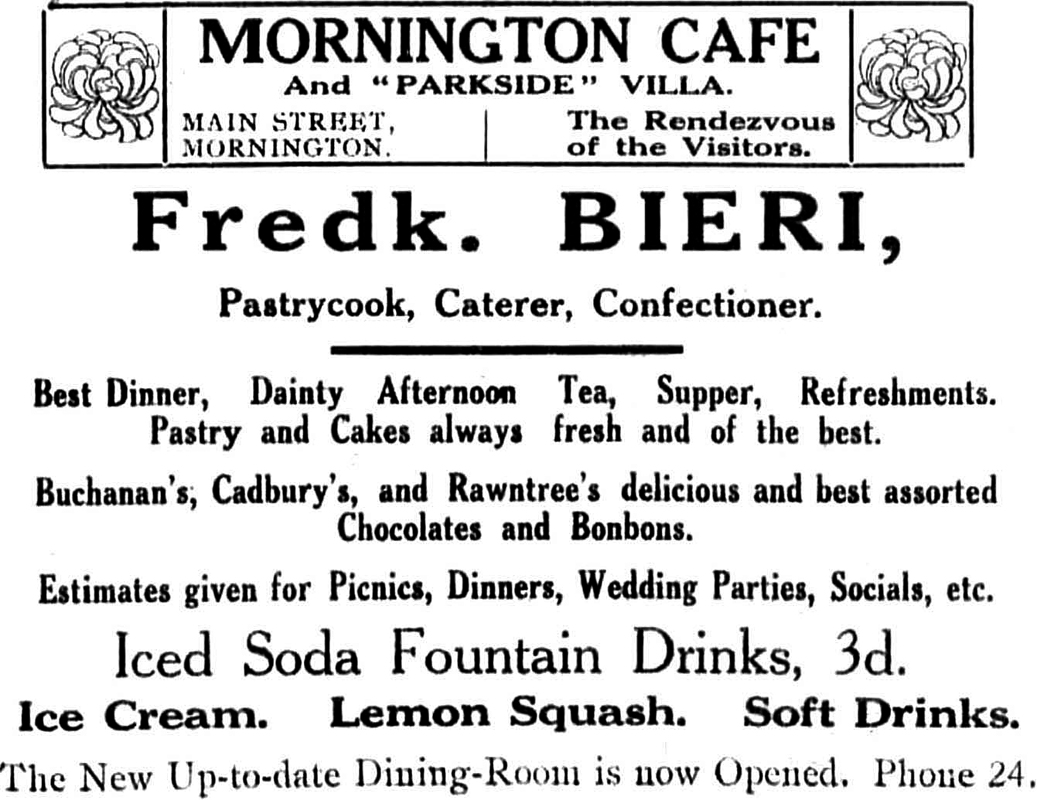
“Among the towns with voluntary drivers Mornington was probably unique in that by the late 1930’s all drivers and stretcher-bearers on its roster were women. The ambulance was stationed opposite the bush nursing hospital, and the officers were led by the richly endowed and unflappable Dorothy (later Lady) Leggatt. She never panicked, even when the vehicle arrived at the Alfred Hospital with a loose rear door and no patient. A careful retracing of the route found him sitting by a rather bumpy bridge, still clutching the towel provided for his vomiting and little the worse for his slide out onto the road.”
It is believed that the ‘rather bumpy bridge’ was over the Mordialloc Creek, still well short of The Alfred!
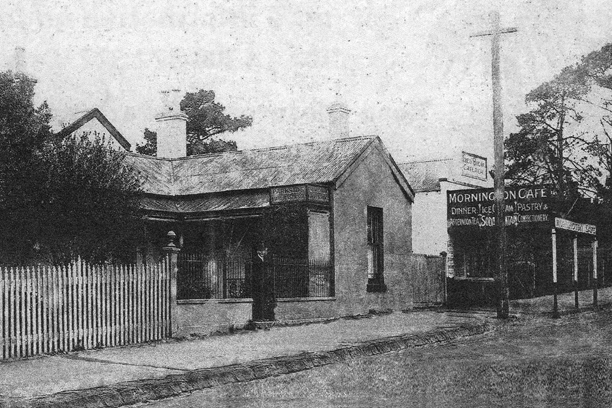
Parkside boarding house and Mornington Cafe in Main Street.
John Frederick Bieri
The inaugural secretary of the newly formed Ambulance Service was Fred Bieri, a gentleman held in very high esteem in the town. According to the newspaper advertisement, if you required the ambulance you rang Fred!
Fred Bieri and his wife Bertha, both originally from Switzerland, were long-time residents of Mornington and were very active in community affairs. They were the proprietors of the Mornington café and adjoining Parkside boarding house in Main Street. Fred was also a renowned pastry cook and a very popular caterer for weddings, social nights and picnics of every kind.
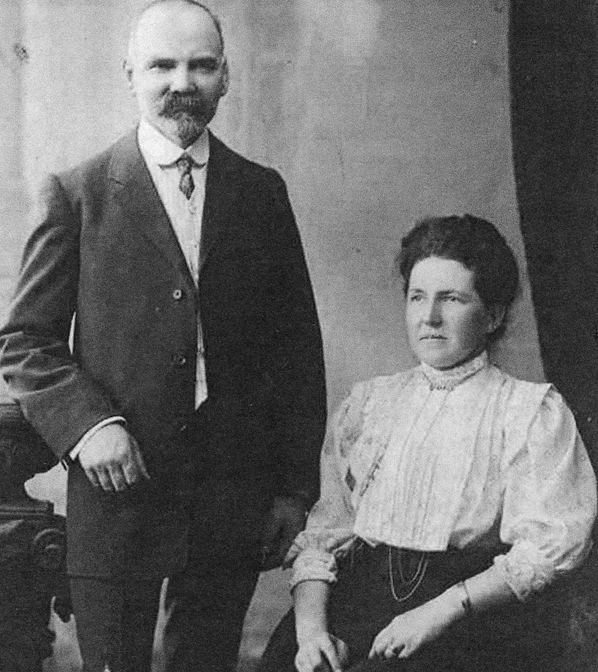
Fred and Bertha at Parkside shortly before his death in 1928.
Fred Bieri’s support for young people of the town was evident when, assisted by his two daughters (Olga and Elsa) he established a swimming club and a gymnastics club.
Being a very active member of St. Andrew’s church, he was also involved in the formation of a Young Men’s Christian Association in the town. Fred Bieri also served as a councillor with the Mornington Shire Council and was a member of both the Progress Association and the Foreshore Committee.
Sadly, Fred Bieri’s time as secretary of the Ambulance Service was short; he died in 1928 and is buried in the Mornington cemetery.
Footnote:
Elsa Bieri married Clifford Flood in 1921 and they established a farm fronting onto Boes Road in Tyabb. The Flood family played a significant role in the history of Tyabb.
References:
Abeyaratne, Hilary. “The Bush. The story of the Mornington Bush Nursing Hospital”, Hyland House, 1993.
Priestly, Susan. “Bush Nursing in Victoria”, Lothian Publishing, 1986.





